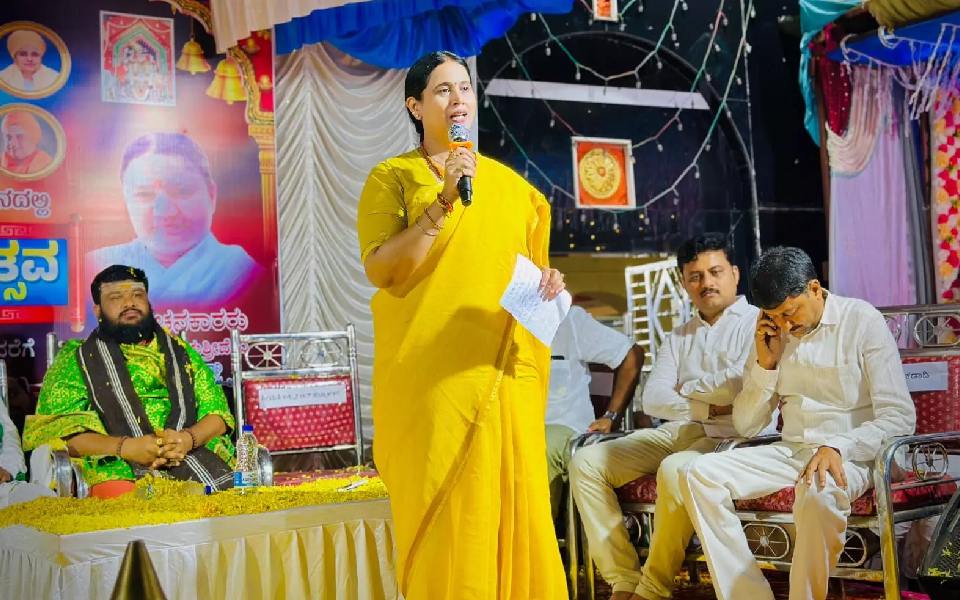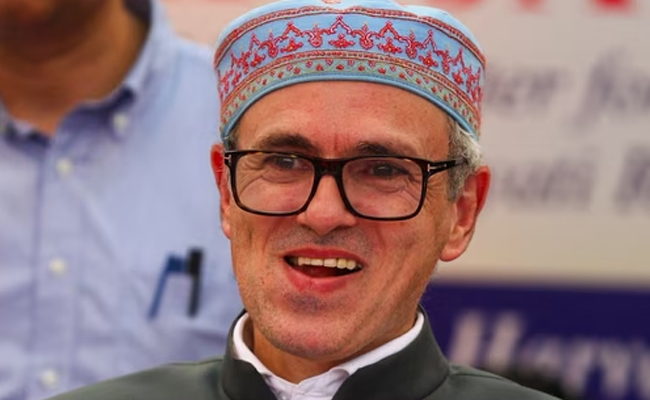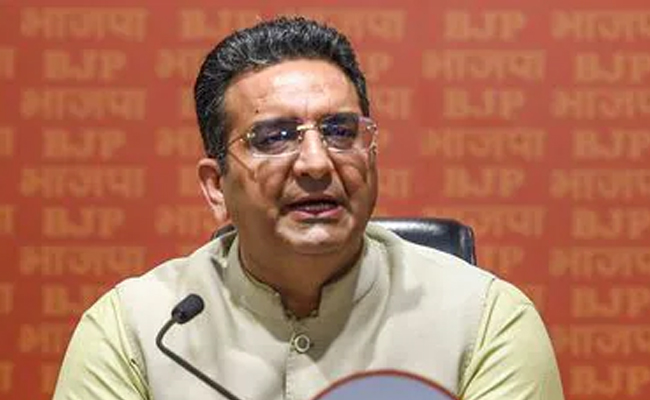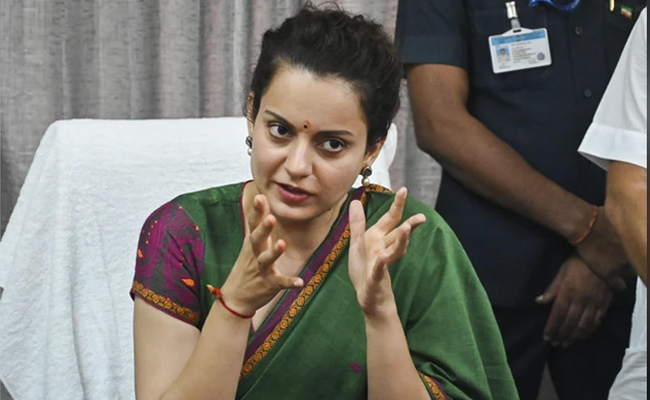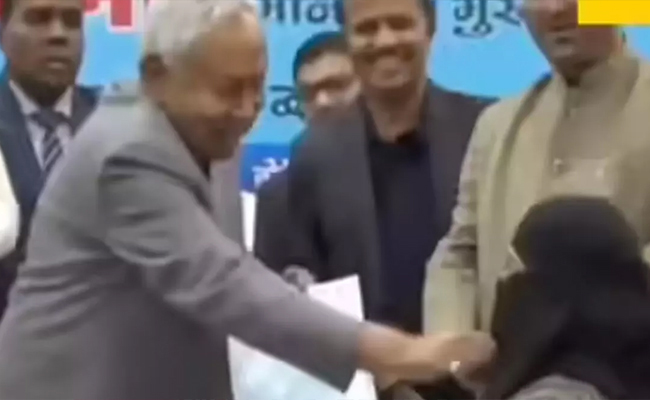Belagavi: Karnataka’s Women and Child Development Minister Lakshmi Hebbalkar on Thursday announced crediting pending dues of Gruhalakshmi Yojana for the month of July and August to the beneficiaries' accounts on October 7th and 9th. She was speaking at Kalloli in Mudalagi after inaugurating the Navratri festival.
“Money of both installments will be deposited to the respective banks of the beneficiaries. The funds were not credited owing to technical snags.”
ALSO READ: Union Minister HD Kumaraswamy booked for extortion, criminal intimidation
The minister also shared that Chief Minister Siddaramaiah had praised her efforts during a recent World Senior Citizens Day event, recognizing her dedication to executing the scheme. “The CM himself stated that Lakshmi Hebbalkar persisted and worked hard for bringing the Gruha Lakshmi scheme to reality. Hence don't worry about the Gruha Lakshmi Yojana, I have planned it very carefully and it is being implemented adequately,” Hebbalkar added.
Hebbalkar urged beneficiaries to celebrate the festival in a grand manner, saying, "Once you receive the two installments, celebrate Navratri with joy."
Let the Truth be known. If you read VB and like VB, please be a VB Supporter and Help us deliver the Truth to one and all.
Srinagar (PTI): Jammu and Kashmir Chief Minister Omar Abdullah on Wednesday criticised his Bihar counterpart over the niqab incident and said that Nitish Kumar might be slowly revealing his true nature.
"Nitish Kumar, who was once considered a secular leader, may be slowly showing his true colours," Abdullah told reporters here on the sidelines of a function.
Abdullah said Kumar removing the face veil of a Muslim woman doctor was wrong and cannot be justified by any means.
"We have seen this kind of incident here several years ago. Have you forgotten how Mehbooba Mufti removed the burqa of a legitimate voter inside a polling station? That act was wrong, and this act (of Kumar) is also wrong.
"If the (Bihar) chief minister did not want to hand over the order to her (Muslim woman), they could have kept her aside. However, to humiliate her like this is totally wrong," the Jammu and Kashmir chief minister said.
Kumar stirred a huge controversy after he removed the face veil of a Muslim woman at a function earlier this week.

